AFAS Summer School 2024
August 26, 2024 – September 6, 2024
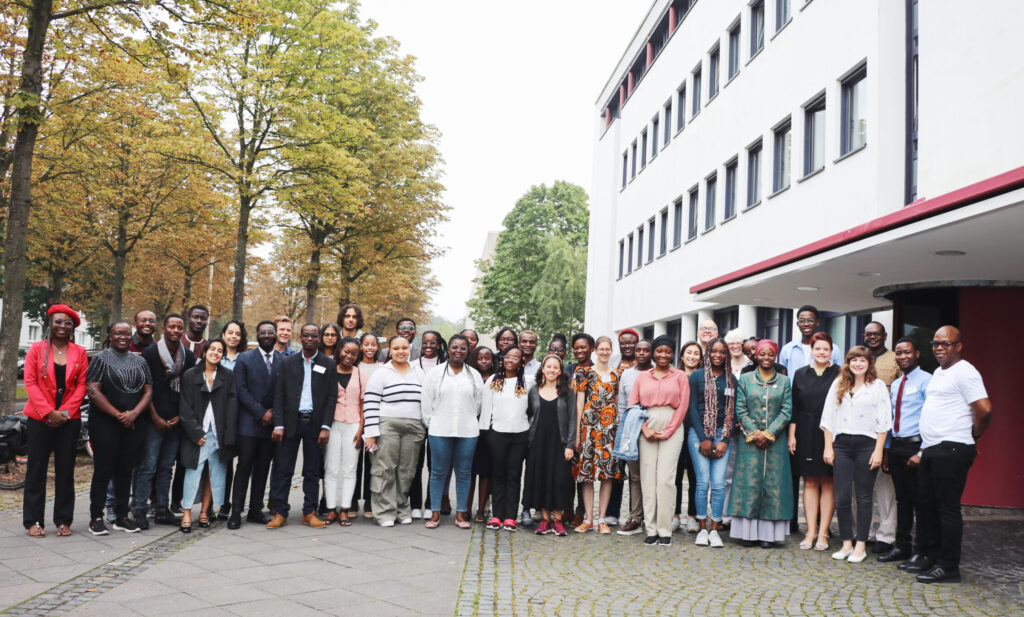
The AFAS Summer School convened from the 26th of August to the 6th of September, bringing together 23 AFAS-fellows from East and West Africa along with 3 fellows from Colombia and South Africa from another DAAD Global Center, the Transnational Centre for Just Transitions in Energy, Climate & Sustainability (TRAJECTS). They took part in an intensive two-week programme, focused on research-oriented workshops, thesis presentations and excursions surrounding interdisciplinary approaches for Nature-based Solutions to tackle climate change in the African Savannas.
The AFAS Summer School was inaugurated by Prof. Christian Borgemeister and programme manager of the DAAD Global Centres, Hanna Cornelius. The first day continued with a session on the “Application of Remote Sensing Data in Climate Change Research”, presented by Dr. Navneet Kumar, a senior researcher at ZEF. One student noted that the session helped them realize how he could use remote sensing for his own research to analyze climate change effects, while another appreciated the additional data sources discussed. The day concluded with a guided visit to the Bonn Botanical Garden by Nayara Atella-Hödke and Moritz Dornseiff, master students in the field of Nature Conservation and Landscape Ecology from the University of Bonn, to discuss conservation strategies for climate-change-endangered species.
The very next day, the highly anticipated student symposium began with a plenary presentation addressed by PhD student Evelyne Atieno Othigo from the University of Nairobi, setting the stage for innovative thesis proposals. Parallel sessions on topics like Ecosystem-based Adaptation Practices, Savanna Dynamics, Solar Power for Irrigation in Africa, and Regenerative Agriculture Techniques gave insights into students’ research plans. Students highlighted the value of these presentations to see various research approaches and receive feedback from supervisors. The symposium also featured a second plenary presentation with PhD student Fatoumata Dramé from Cote d’Ivoire on nitrogen yield optimization of maize, along with presentations by the TRAJECTS students discussing land and ocean-based livelihoods for women and agroecological transitions.
The Summer School featured two visits to the Global South Studies Center in Cologne. The first visit on Wednesday featured a training session on Intercultural Competences led by Manon Diederich Co-managing director of subVision and freelance lecturer with a focus on intersectionality and transcultural competence, followed by lively discussions during the launch of the book, “Agricultural Intensification, Environmental Conservation, Conflict, and Co-Existence at Lake Naivasha, Kenya” (Brill, 2024), with editors Prof. Michael Bollig (GSSC) and Dr. Gerda Kuiper (GSSC).
On Thursday, the students received various lectures from ZEF-based scholars starting with a lecture on “Climate Resilient Food Systems” by former ZEF director Prof. Joachim von Braun followed by a talk on “Biodiversity Conservation in the Context of Human Development” by Prof. Lisa Biber-Freudenberger and a session on “Animal Husbandry and Climate Change” from Dr. Carlos Sere.
On Friday, the students had an excursion to the Campus Klein-Altendorf, the Experimental Station of The University of Bonn’s agriculture facility, where they saw examples of Nature-based Solutions to connect theoretical knowledge with real-world applications for climate resilience. They then visited the Kottenforst and learned about climate change-induced changes in German forest management.
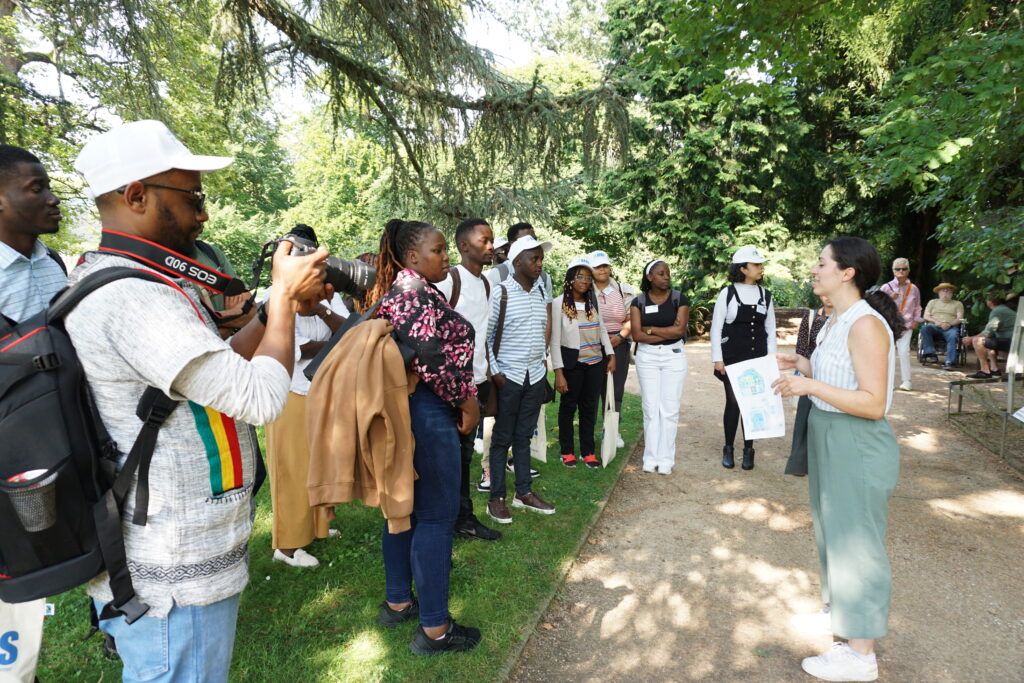
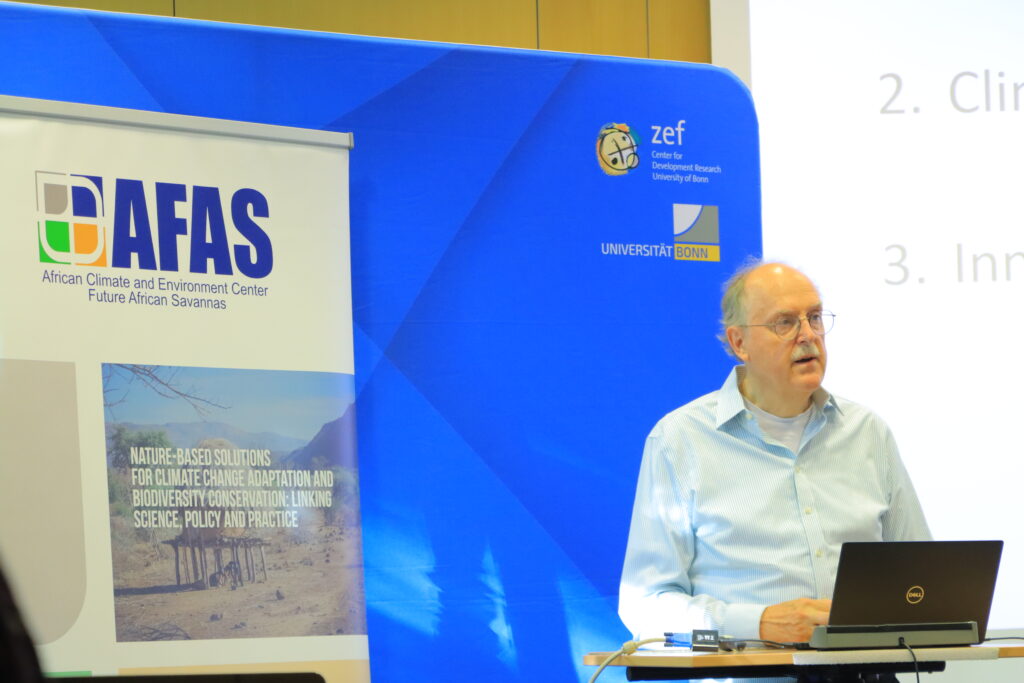
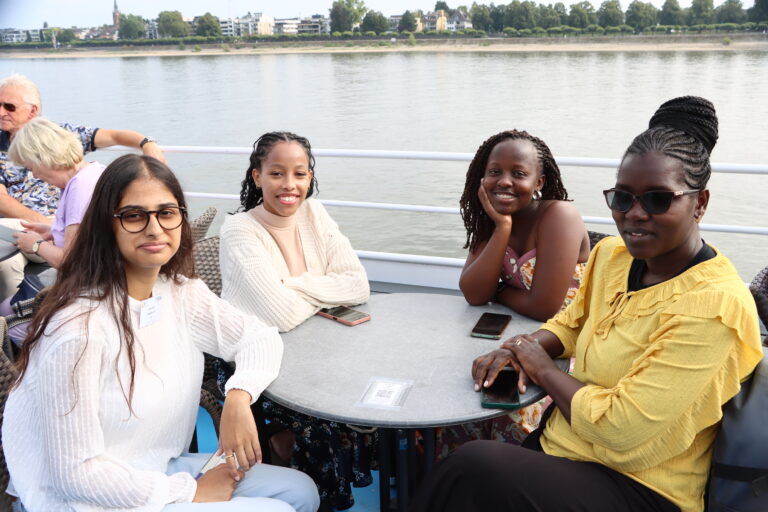
The weekend was more relaxed, with a boat trip to Königswinter and a hike to Drachenfels to see the historic ruins on the summit above the Rhine Valley. On Sunday, AFAS-fellows Naomi Adi, Elvis Ogot and Julius Toba Malika discussed various East African solutions for climate change adaptation at a public event funded by the municipality of Cologne and organized by Pambazuka Swahili Kulturverein e.V. and Green Agents Netzwerk Köln. The weekend was more relaxed, with a boat trip to Königswinter and a hike to Drachenfels to see the historic ruins on the summit above the Rhine Valley. On Sunday, AFAS-fellows Naomi Adi, Elvis Ogot and Julius Toba Malika discussed various East African solutions for climate change adaptation at a public event funded by the municipality of Cologne and organized by Pambazuka Swahili Kulturverein e.V. and Green Agents Netzwerk Köln.
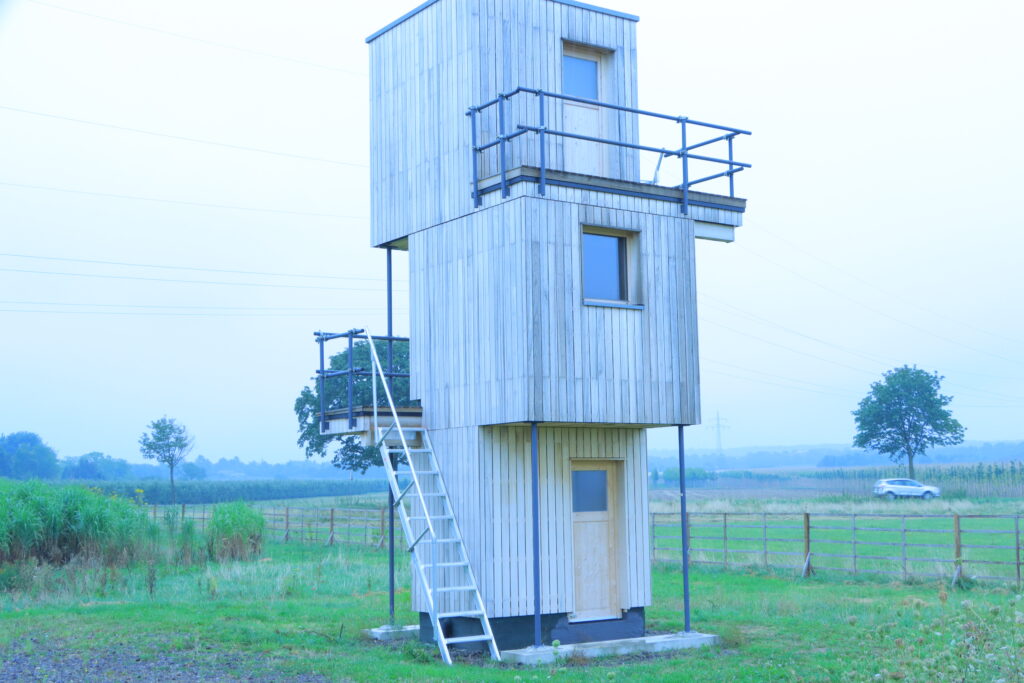
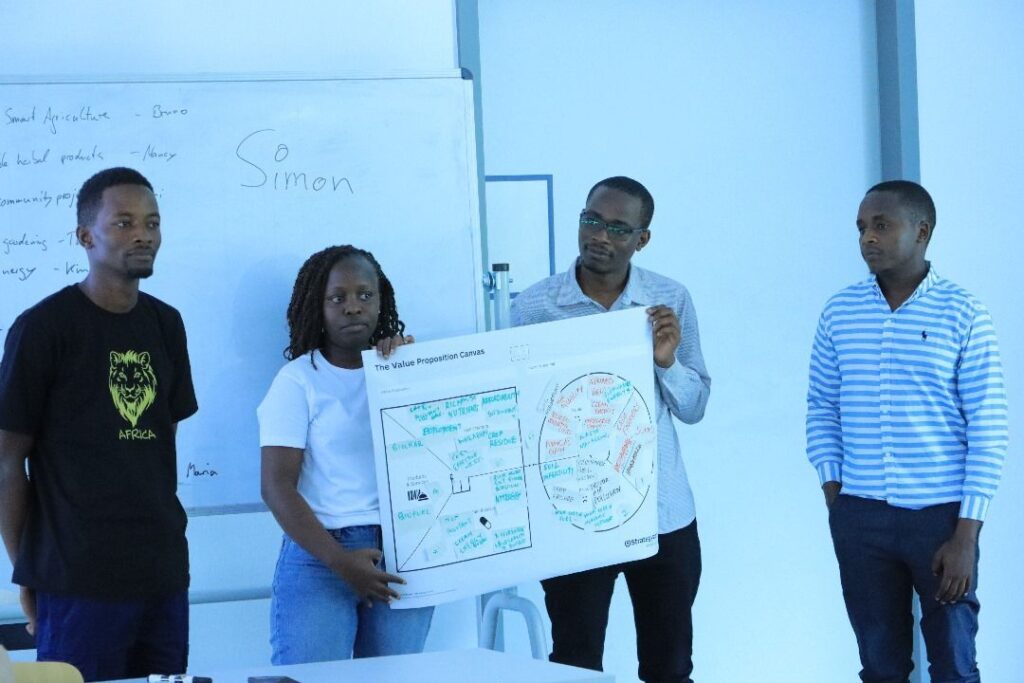
After an intense first week of daily sessions, we entered week two with renewed energy as the students visited the GSSC, Cologne for the second time on Monday to attend a workshop on entrepreneurship from the Gateway Exzellenz Start-up Center of the University of Cologne. In the workshop, students worked hands-on with tools like the Value Proposition Canvas and Business Model Canvas and presented their innovative Start-up ideas for sustainable business models and nature-based solutions using the elevator pitch technique. The students were then introduced to StArfrica, a digital platform connecting African and German startups based at the University of Koblenz, by Adedeji Olusanya.
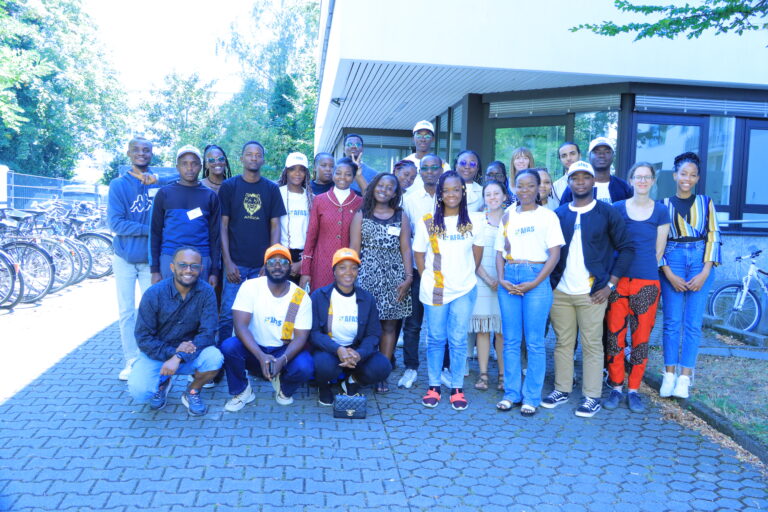
The following Tuesday, students visited the UN Campus Bonn. They began with a COP16 briefing at the UNCCD, followed by presentations from Chief Scientist Dr. Barron Joseph Orr on “Land Degradation Neutrality (LDN) and Sustainable Land Management”, and from Munazza Jaleel Naqvi on “LDN Target Setting and Transformative Programmes”. Devashree Niraula then discussed the G20 Global Land Initiative and introduced students to potential internship opportunities with the UNCCD. Later, students visited UNU-EHS, learning about environmental vulnerability research in Africa, and concluded the day with a presentation from IPBES’s Amarys Preuss and a virtual session on Climate Mobilities by Dr. David Durand-Delacre.
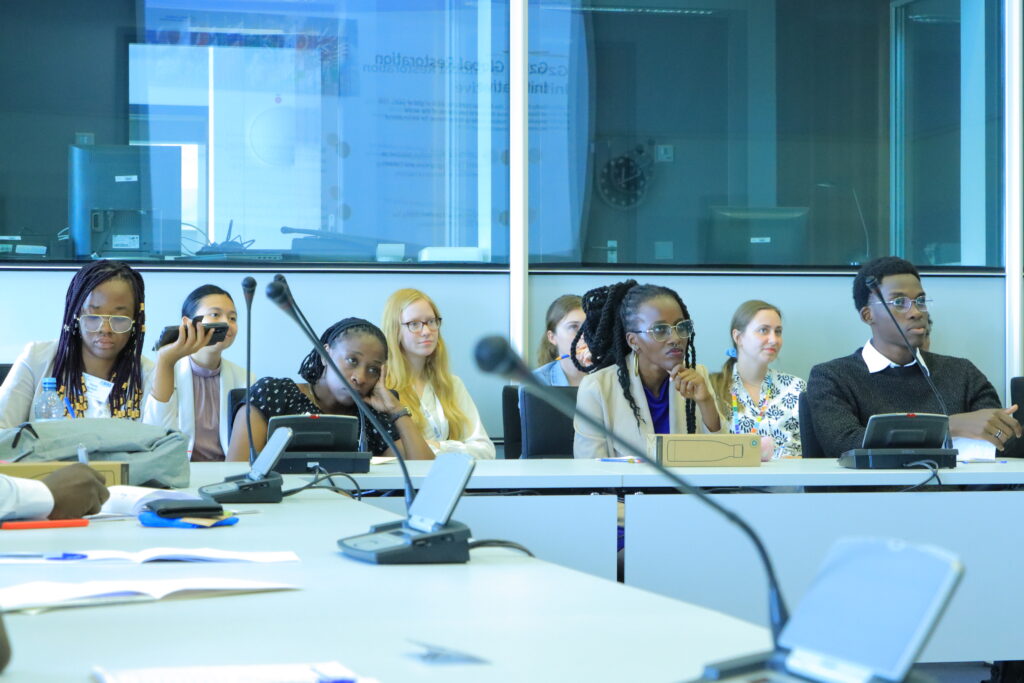
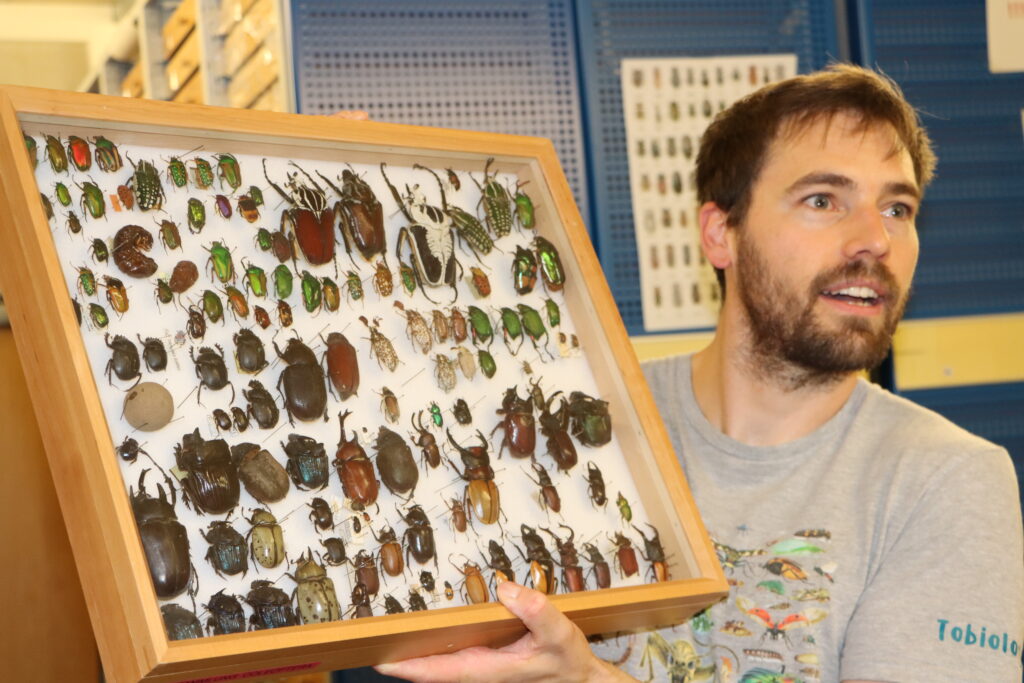
The programme featured two days organized by the African partner universities: Nairobi Day and Abidjan Day. Nairobi Day on Wednesday focused on enhancing research and project management skills. Sessions included proposal development and stakeholder engagement led by Prof. Daniel Olago, and project finance, budgeting, and reporting facilitated by Dr. Christine Omuombo and Ms. Lewnorah Ayieta. The day concluded with a tour of Museum Koenig’s entomological collection. Abidjan Day on Thursday, by the University Félix Houphouët-Boigny, highlighted ecological research and sustainable land use practices. It began with a presentation by Prof. N’golo Koné, followed by a virtual session on fungi in agroforestry by Prof. Nourou S. Yorou. The afternoon featured discussions on African savannas and termite-fungi symbiosis.
The 6th of September marked the end of the AFAS Summer School 2024. The day began with a ceremonial address by Prof. Dr. Birgit Ulrike Münch, Vice-Rector of the University of Bonn, who highlighted the importance of interdisciplinary research and global collaboration. This was followed by a lecture on Water Resources and Management with Dr. Isimemen Osemwegie from ZEF and a workshop on “Just Energy Transitions” with Grace Quiceno Soto, Academic Coordinator of TRAJECTS. There was an extensive feedback session for our participants about the impact of this summer school on their future endeavors. There was a general consensus among students that the summer school gave them a thorough understanding of the applicability of Nature-based Solutions through fieldwork in real-world projects dedicated to climate protection and green urban development. A few others shared how sessions on giving and receiving criticism and learning how to pitch business ideas helped sharpen their professional skills. Moreover, the students agreed that they overwhelmingly learned more than they initially expected from this programme.
In conclusion, the AFAS Summer School provided a dynamic and enriching experience for all participants, blending rigorous academic sessions with practical insights and hands-on learning. From in-depth workshops and high-profile presentations to field excursions and engaging discussions, the programme fostered interdisciplinary approaches and global perspectives on climate resilience and sustainability. As we reflect on these two weeks of intense learning and collaboration, it is believed that the AFAS Summer School has not only broadened horizons but also empowered participants to tackle pressing environmental challenges with innovative solutions.
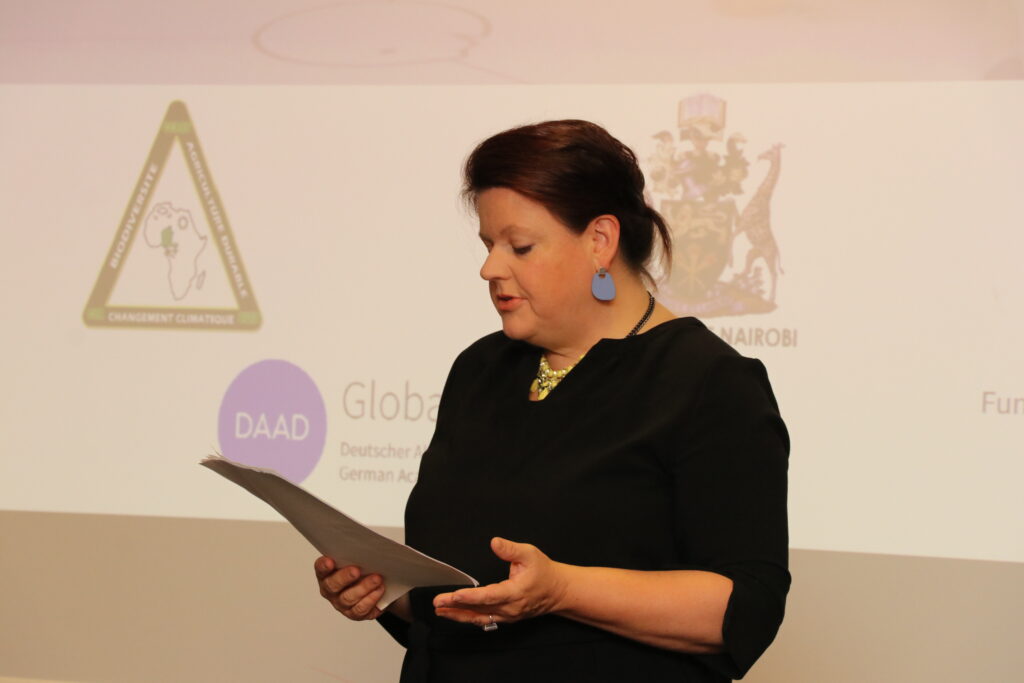
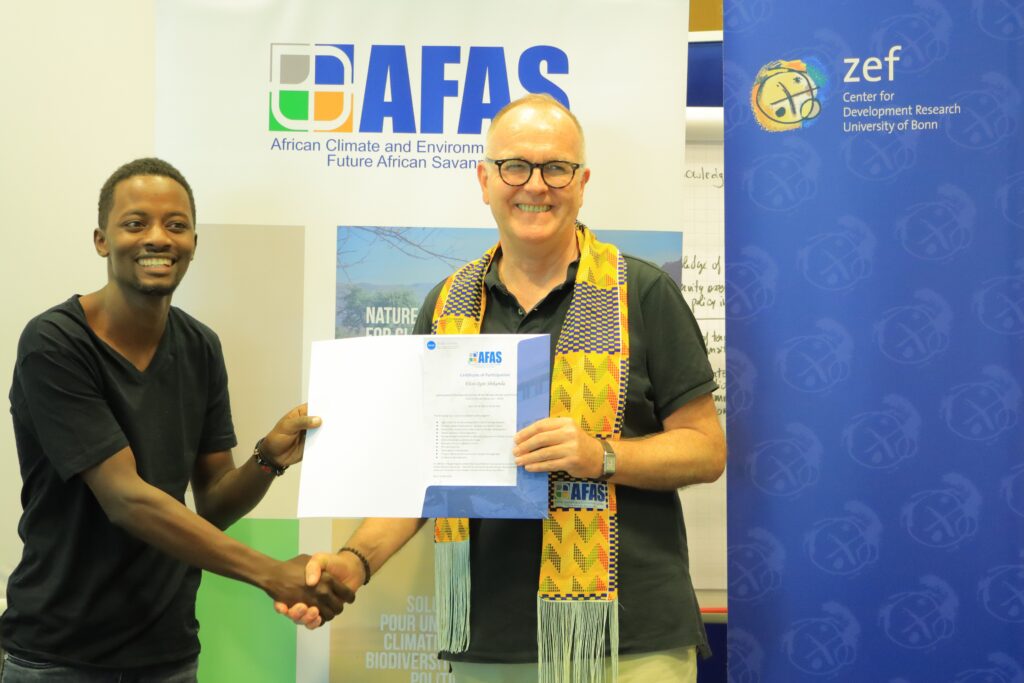
© Photos by: AFAS/Zerihune Wube Emiru, AFAS/Anushka Mukherjee
Video by students from the University of Félix Houphouët-Boigny:
Video by students from the University of Nairobi: